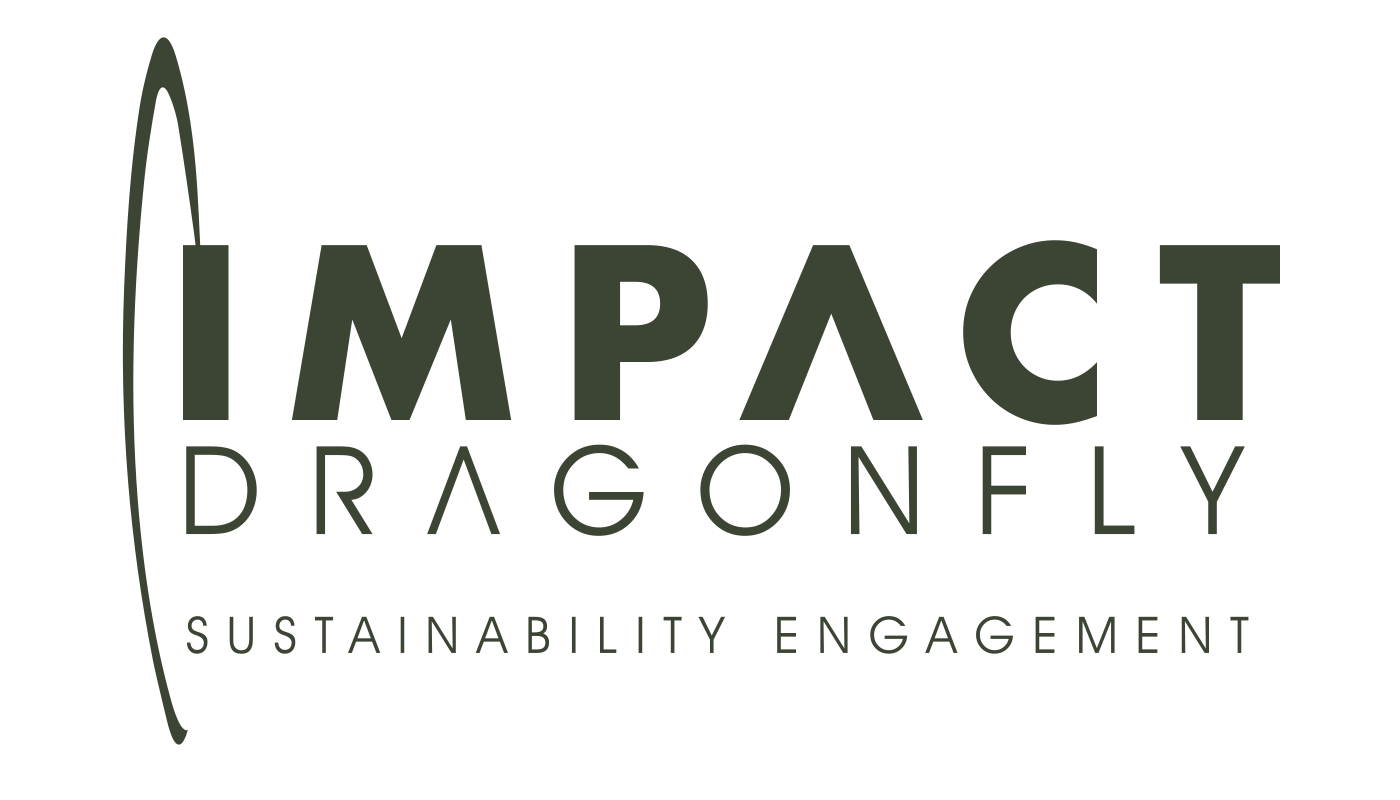Embracing Sustainability: A real estate agent’s role in moving the green dial.
As sustainability becomes a focal point globally, real estate agents are adapting by incorporating eco-friendly practices. This shift is driven by the increasing awareness and urgency surrounding environmental issues such as climate change, resource depletion, and pollution. Real estate agents are now playing a crucial role in promoting sustainable living by highlighting the benefits of energy-efficient homes, which can reduce utility bills and minimise carbon footprints. These homes often feature advanced insulation, energy-saving appliances, and renewable energy sources like solar panels.
Moreover, clients are asking their agents to guide them on their green mortgages which emphasise properties that are built or renovated using sustainable materials and practices. This includes advocating for certifications like LEED (Leadership in Energy and Environmental Design) and NABERS (National Australian Built Environment Rating System), which signal a commitment to environmental standards. By aligning themselves with the growing demand for environmentally conscious living, real estate professionals are not only meeting market needs but also contributing to broader sustainability goals.
The sector is in good company with their supply chain up and downstream. The built environment is responsible for around 40% of GHG emissions globally, which means there are concerted efforts to reduce and align the industry and create benchmarks* for best practice.
Sustainability thinking and practices extend beyond just advising clients, to encompass how real estate agents operate within a triple bottom line framework. This framework goes beyond the traditional "Profit First" approach to include considerations for people and the planet. Agents must now align with the Built Environment sustainability movement by scrutinising their own practices, such as the carbon footprint from transportation and office space, as well as the crucial social aspect of workforce diversity. Addressing these challenges requires careful navigation and significant behavioural change within an industry who has a history of focusing their brand on more economic drivers.
If, as a real estate agent you are still not sure whether this applies to you then here are a few reasons why getting ahead of the curve will put you in good stead for the future.
1. Regulatory Compliance and Reporting: As sustainability regulations become stricter and more widespread, companies are required to report on their environmental, social, and governance (ESG) performance. Agents need to understand these requirements to ensure compliance and to accurately prepare sustainability reports.
2. Risk Management: Sustainability issues such as climate change, resource scarcity, and social responsibility pose significant risks to businesses. Agents who understand these risks can better assess their financial implications, helping clients to manage and mitigate potential impacts.
3. Investor Demand: Investors are increasingly considering ESG factors in their decision-making processes. Agents need to be knowledgeable about sustainability to provide their clients with up-to-date information about green loans.
4. Cost Savings and Efficiency: Sustainable practices often lead to cost savings through improved efficiency, waste reduction, and energy conservation. Agents who understand sustainability can identify opportunities for cost savings and contribute to the development of more efficient business processes.
5. Enhanced Reputation and Competitive Advantage: Companies with strong sustainability practices often enjoy a better reputation, which can lead to increased customer loyalty and competitive advantage. This can also lead to future recruitment as next generations are desiring more values aligned businesses to work with.
How does this translate to a local real estate agent? Below are a few tips for those wanting to start to incorporate simple sustainability thinking and practices to their business model.
1. Reducing your office carbon footprint: Look for ways you can bring emissions and waste reductions inhouse to your own business, LED lighting, energy efficient equipment.
2. Sustainable transportation: Opt for fuel-efficient or electric vehicles for property showings and other business travel. Encourage carpooling or the use of public transportation when possible. For city-based agents, consider using bicycles or walking for nearby appointments.
3. Virtual Tours and Remote Work: Leverage technology to reduce the need for physical travel. Use virtual tours, video conferencing, and other digital tools to conduct showings and meetings. Promote remote work options for employees to decrease office energy use and commuting emissions.
4. Promote Energy-Efficient and Green Homes: Highlight and prioritise listings that feature energy-efficient appliances, solar panels, sustainable building materials, and other eco-friendly features. Educate clients about the long-term cost savings and environmental benefits of these properties.
5. Community Engagement and Education: Participate in or organise local sustainability initiatives, such as tree planting, community clean-ups, or workshops on green living. Educate clients and the community about sustainable living practices and the benefits of sustainable real estate. Advocate for and support local policies that promote environmental sustainability.
If from reading this article you are interested in finding out more then reach out us at Impact Dragonfly to discuss your simple start to becoming more sustainable.
*GRESB is an internationally recognised benchmark assessing Environmental, Social and Governance (ESG) performance of real assets for listed property companies, private property funds, developers and investors that invest directly in real estate.
